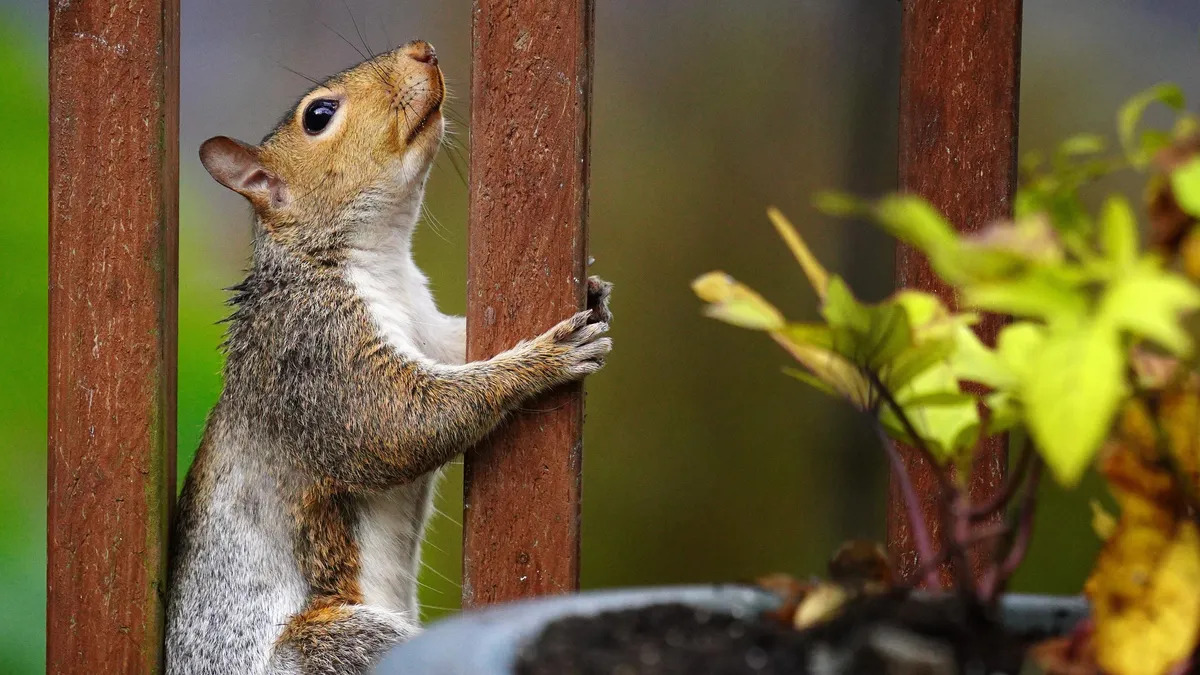

Articles
How To Keep Squirrels Off Your Porch
Modified: December 7, 2023
Learn effective methods for keeping squirrels off your porch in this informative articles. Find out how to deter these pesky animals and protect your outdoor space.
(Many of the links in this article redirect to a specific reviewed product. Your purchase of these products through affiliate links helps to generate commission for Storables.com, at no extra cost. Learn more)
Introduction
Welcome to your porch, your outdoor sanctuary where you can relax, sip on a hot cup of coffee, and enjoy the beauty of nature. However, sometimes unwelcome visitors, like squirrels, can crash the party and cause havoc on your peaceful retreat. Squirrels may seem harmless and cute, but their constant presence on your porch can lead to damaged furniture, messy surroundings, and even potential health risks.
So, how can you keep these agile creatures at bay and reclaim your porch as a squirrel-free zone? In this article, we will explore effective strategies and techniques to discourage squirrels from invading your porch. By understanding their behavior, identifying entry points, using natural and commercial repellents, installing traps, and seeking professional help if needed, you can protect your porch and enjoy it hassle-free.
But first, let’s take a closer look at the behavior of squirrels to gain a better understanding of why they find your porch so irresistible.
Key Takeaways:
- Keep squirrels off your porch by blocking entry points, using natural deterrents, and considering commercial repellents. If needed, install traps or seek professional help for a squirrel-free sanctuary.
- Understanding squirrel behavior, identifying entry points, and implementing a combination of prevention methods can effectively keep squirrels off your porch. Persistence and adaptation are key to success.
Read more: How To Keep Squirrels Off Balcony
Understanding the Behavior of Squirrels
Squirrels are agile and playful creatures that are known for their acrobatic talents and curiosity. They are highly adaptable and can thrive in various environments, including urban areas. Squirrels are diurnal, which means they are active during daylight hours.
These furry critters are constantly on the lookout for food, and your porch may provide them with easy access to a potential food source. Whether it’s bird feeders, pet food, or even crumbs left behind from outdoor gatherings, squirrels have a knack for finding and exploiting these opportunities.
Not only do squirrels seek out food, but they also search for secure shelter. Your porch, with its overhangs, nooks, and crannies, can become an attractive nesting spot for them. Squirrels will build nests using leaves, twigs, and other materials, and your porch can provide them with the perfect spot to settle in.
Also, squirrels are avid chewers. They possess strong, sharp teeth that they use to gnaw on various objects, including wood, wires, and even plastic. This chewing behavior helps them maintain their teeth and also allows them to access food sources that may be encased in hard shells, such as nuts.
Now that we have a better understanding of squirrel behavior, let’s move on to identifying common entry points that they may be using to access your porch.
Identifying Common Entry Points
Knowing how squirrels are accessing your porch is crucial in implementing effective prevention measures. These agile creatures are adept at finding small openings and exploiting them to gain entry. Here are some common entry points to look out for:
- Gaps and Cracks: Inspect your porch for any gaps or cracks in the foundation, walls, or windows. Squirrels can squeeze through surprisingly small openings, so even the tiniest gaps should be addressed.
- Vents and Chimneys: Squirrels can enter your porch through vents or chimneys. Make sure these areas are properly screened and sealed to prevent access.
- Openings around Pipes: Check for openings around pipes or utility lines that enter your porch. These can serve as entry points for squirrels, so seal them off with wire mesh or caulk.
- Roofline: Inspect the roofline of your porch for any loose or missing shingles. Squirrels can easily climb up and enter from above, so ensure that the roof is secure.
- Tree Branches: If there are trees near your porch, be aware that squirrels can jump from branches onto your roof or directly onto your porch. Trim back any overhanging branches to make it more difficult for them to access your space.
By thoroughly examining the exterior of your porch, you can identify the potential entry points that squirrels are utilizing. Once you have identified these areas, it’s time to block access and prevent these persistent critters from entering your porch.
Blocking Access to Your Porch
Now that you’ve identified the common entry points that squirrels may be using to access your porch, it’s time to implement measures to block their access. Here are some effective strategies:
- Seal Cracks and Gaps: Use caulk or weatherstripping to seal any cracks or gaps in the walls, windows, or foundation of your porch. This will prevent squirrels from squeezing through small openings and gaining entry.
- Install Screens: If you have vents, chimneys, or other openings that squirrels can use to enter your porch, install mesh screens to block their access. Ensure that the screens are sturdy and securely attached.
- Secure Doors and Windows: Make sure that doors and windows leading to your porch are fitted with tight-fitting screens and secure locks. This will prevent squirrels from pushing their way in through these entry points.
- Trim Tree Branches: Trim back any tree branches that are close to or hanging over your porch. This will make it more difficult for squirrels to jump onto your porch from above.
- Install Barriers: Consider installing physical barriers, such as wire mesh or fencing, to restrict access to your porch. This can be particularly effective if you have open areas or gaps that squirrels could easily squeeze through.
By implementing these measures, you are creating a physical deterrent that can help prevent squirrels from accessing your porch. However, if squirrels are still finding their way onto your porch, you may need to explore additional methods of repelling them.
Repelling Squirrels with Natural Deterrents
If blocking access to your porch doesn’t entirely solve the squirrel problem, you can try repelling them with natural deterrents. Here are some effective methods:
- Spicy deterrents: Squirrels are repelled by strong scents and flavors, particularly those that are spicy. Sprinkling cayenne pepper or chili flakes around the perimeter of your porch or on targeted areas can deter squirrels from coming near.
- Mothballs: Placing mothballs around your porch can be an effective squirrel deterrent. The strong scent of mothballs is often disliked by squirrels, causing them to avoid the area.
- Predator urine: You can find commercially available predator urine, such as fox or coyote urine, and spray it around your porch. The scent of a predator can scare squirrels away, as they will perceive it as a threat to their safety.
- Ultrasonic devices: Install ultrasonic devices specifically designed to repel squirrels. These emit high-frequency sounds that are unpleasant to squirrels, but not to humans or pets.
- Motion-activated sprinklers: Consider installing motion-activated sprinklers around your porch. When squirrels approach, the sensors will detect their movement and activate the sprinklers, frightening them away.
It’s important to note that natural deterrents may need to be reapplied periodically, especially after rain or heavy winds, to remain effective. Experiment with different methods to find the ones that work best for your situation.
If natural deterrents don’t provide the desired results, you can explore commercial squirrel repellents as an alternative.
Place a layer of cayenne pepper or hot sauce on the areas where squirrels frequent. The spicy scent will deter them from coming back.
Read more: How To Keep Rats Off Your Porch
Using Commercial Squirrel Repellents
If natural deterrents aren’t effective in repelling squirrels from your porch, you can turn to commercial squirrel repellents. These products are specifically formulated to deter squirrels and can be found in various forms, including sprays, granules, and electronic devices. Here are some commonly used commercial squirrel repellents:
- Repellent sprays: These sprays contain a combination of natural or chemical ingredients that produce strong scents or tastes that squirrels find unpleasant. Simply apply the repellent spray to the areas where squirrels are frequenting on your porch.
- Granular repellents: Granular repellents are applied by scattering the product around the perimeter of your porch or in specific areas where squirrels are causing issues. These granules often contain ingredients that release strong odors that squirrels find repellent.
- Electronic repellers: There are electronic devices designed to emit ultrasonic waves or high-frequency sounds that are irritating to squirrels. These devices can be placed on your porch or strategically positioned to deter squirrels effectively.
- Squirrel repellent spikes: Repellent spikes can be used on surfaces where squirrels like to perch or land. These spikes make it uncomfortable and uninviting for squirrels, encouraging them to find an alternative location.
When using commercial squirrel repellents, it’s essential to follow the instructions provided by the manufacturer. Some repellents may need reapplication after rain or require regular maintenance to ensure effectiveness.
If you’re still struggling to keep squirrels off your porch, you may consider installing traps to catch and relocate them.
Installing Traps to Catch Squirrels
If other methods have failed to keep squirrels off your porch, you may need to resort to trapping and removing them. Here are some steps to consider when installing traps:
- Select the right trap: Choose a trap that is specifically designed for catching squirrels. Live traps are commonly used and can be found at hardware stores or online. Opt for a trap that is large enough to accommodate a squirrel.
- Proper trap placement: Place the trap in an area where squirrels are frequently seen or where you have noticed signs of their activity, such as droppings or gnawed objects. Make sure the trap is stable and secured to prevent any accidents or unintended captures.
- Bait the trap: Use a bait that squirrels find irresistible, such as peanut butter, nuts, or seeds. Place a small amount of bait near the back of the trap or on the trigger mechanism to entice the squirrel to enter.
- Check the trap regularly: It’s important to check the trap frequently, preferably every few hours, to minimize the time the squirrel spends in the trap. This is crucial for their well-being and to avoid potential stress or harm.
- Release or relocate the squirrel: Once you have safely captured a squirrel, you have a couple of options. If you prefer to release it nearby, ensure that the area is at least several miles away from your porch to prevent it from returning. Alternatively, contact your local animal control or wildlife rehabilitation center for guidance on how to safely and legally relocate the squirrel.
- Monitor and seal entry points: While trapping can be an effective short-term solution, it’s crucial to identify and seal the entry points that the squirrels were using to access your porch. This will prevent future squirrels from taking their place.
Remember to check your local regulations regarding trapping and relocating squirrels. In some areas, it may be necessary to engage the services of a professional wildlife removal specialist.
If all else fails, seeking professional help may be the best course of action.
Seeking Professional Help
If your efforts to keep squirrels off your porch have been unsuccessful and the problem persists, it may be time to seek professional help. Here are some instances where professional assistance can be beneficial:
- Expertise and Experience: Professional wildlife removal services have the knowledge and experience to effectively deal with squirrel infestations. They understand squirrel behavior, know the best methods for removing them, and can provide long-term solutions to prevent future invasions.
- Safe and Humane Methods: Wildlife removal professionals use humane techniques to remove squirrels from your property. They adhere to ethical guidelines and ensure minimal harm to the squirrels during the removal process.
- Identification of Entry Points: Professionals can thoroughly inspect your porch and surrounding areas to identify all possible entry points that squirrels might be using. They will then seal off these entry points effectively, preventing further access.
- Prevention Strategies: In addition to removing squirrels, professionals can offer advice and implement preventive measures to make your porch less appealing to squirrels. These strategies may include installing deterrent devices, modifying the landscaping, or recommending specific repairs or upgrades.
- Compliance with Local Regulations: Professional wildlife removal services are well-versed in local regulations and permits regarding squirrel removal. They can ensure that their methods align with legal requirements, avoiding any legal complications for you.
When selecting a professional wildlife removal service, research and choose a reputable company with positive customer reviews. Ensure that they are properly licensed and insured to provide services in your area.
Seeking professional help can save you time, effort, and frustration, as well as protect the well-being of both you and the squirrels. Sometimes, it’s the best solution to effectively and safely resolve the squirrel issues on your porch.
By combining the strategies discussed in this article and adapting them to your specific situation, you can successfully keep squirrels off your porch and enjoy your outdoor space without any unwelcome visitors.
Remember, persistence is key when dealing with squirrels, and finding the right approach may require some trial and error. Stay positive, and don’t give up until you have achieved the desired results.
Conclusion
Dealing with squirrels invading your porch can be frustrating, but with the right strategies, you can reclaim your outdoor space. By understanding squirrel behavior, identifying common entry points, and blocking access to your porch, you can create a barrier that deters squirrels from entering. Utilizing natural deterrents, such as spicy substances or predator urine, can also help repel squirrels. If these methods prove insufficient, commercial squirrel repellents can be effective in discouraging them.
In more stubborn cases, installing traps and relocating captured squirrels may be necessary. However, it’s crucial to monitor and seal the entry points to prevent future invasions. When all else fails, seeking professional help from wildlife removal services can provide expert assistance in managing squirrel infestations.
It’s important to remember that keeping squirrels off your porch requires persistence and a combination of different approaches. Implementing preventative measures, regular maintenance, and staying vigilant will help ensure long-term success.
Now armed with the knowledge and techniques outlined in this article, you can confidently take action to keep your porch squirrel-free. Enjoy your outdoor sanctuary and the peace that comes with it!
Frequently Asked Questions about How To Keep Squirrels Off Your Porch
Was this page helpful?
At Storables.com, we guarantee accurate and reliable information. Our content, validated by Expert Board Contributors, is crafted following stringent Editorial Policies. We're committed to providing you with well-researched, expert-backed insights for all your informational needs.
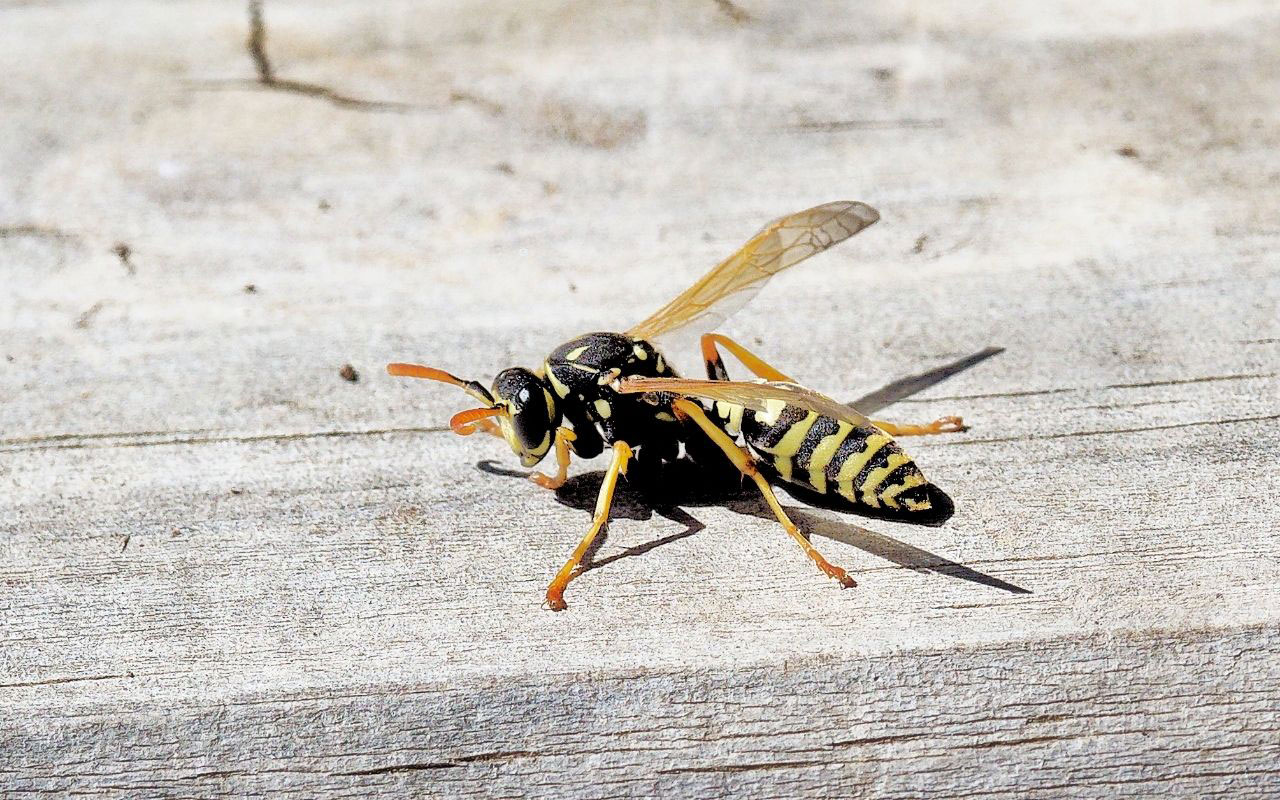
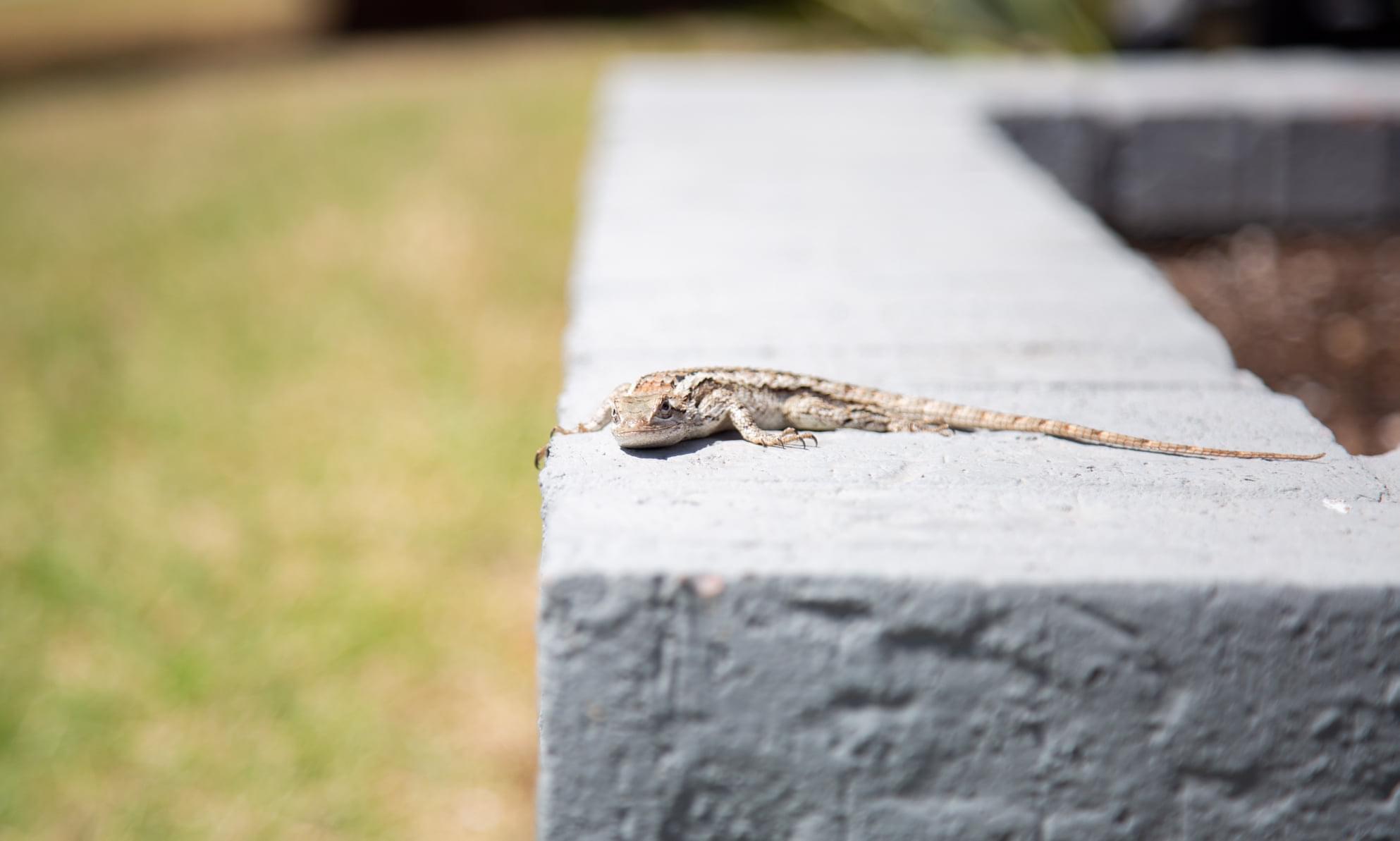
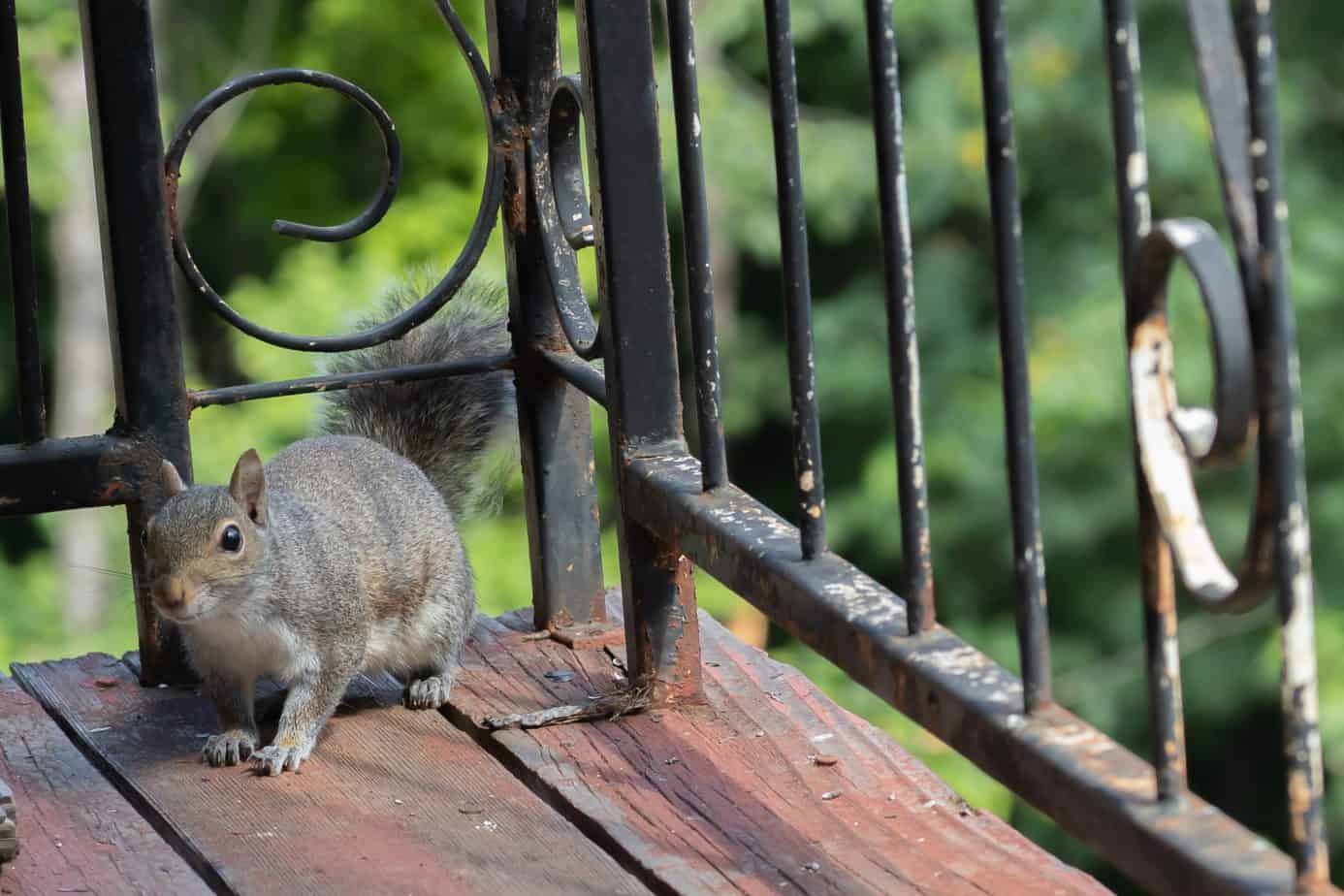

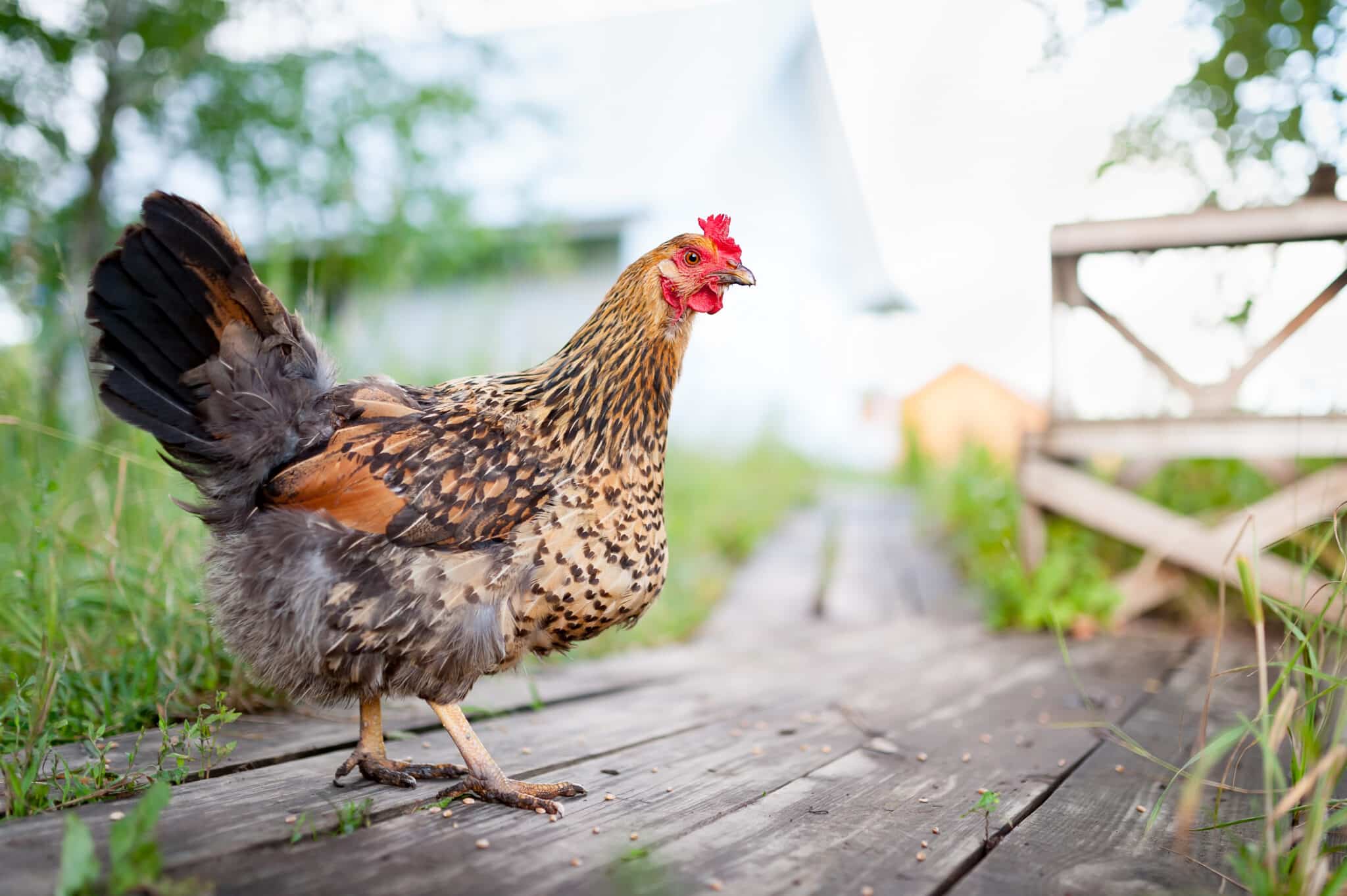

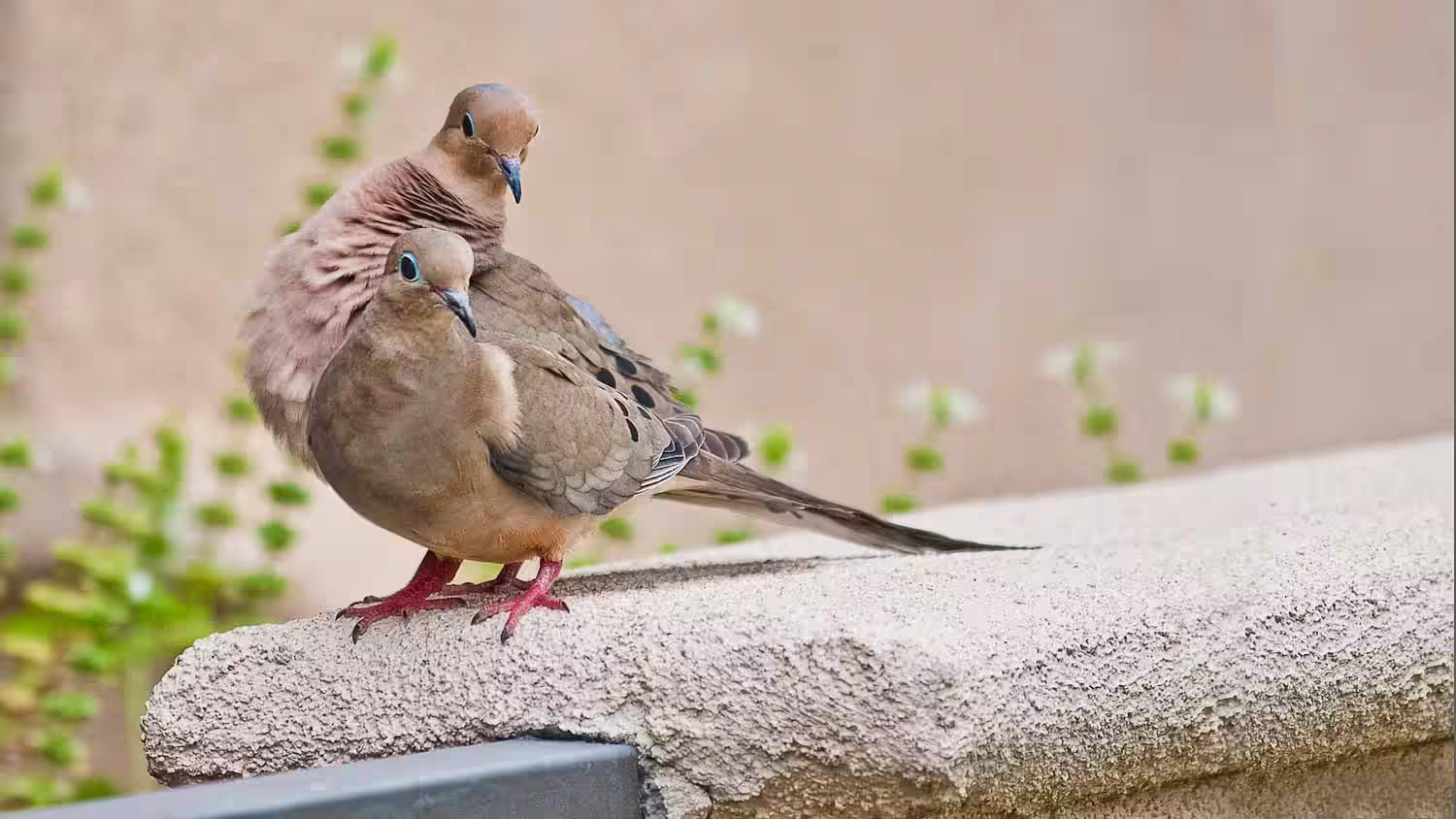
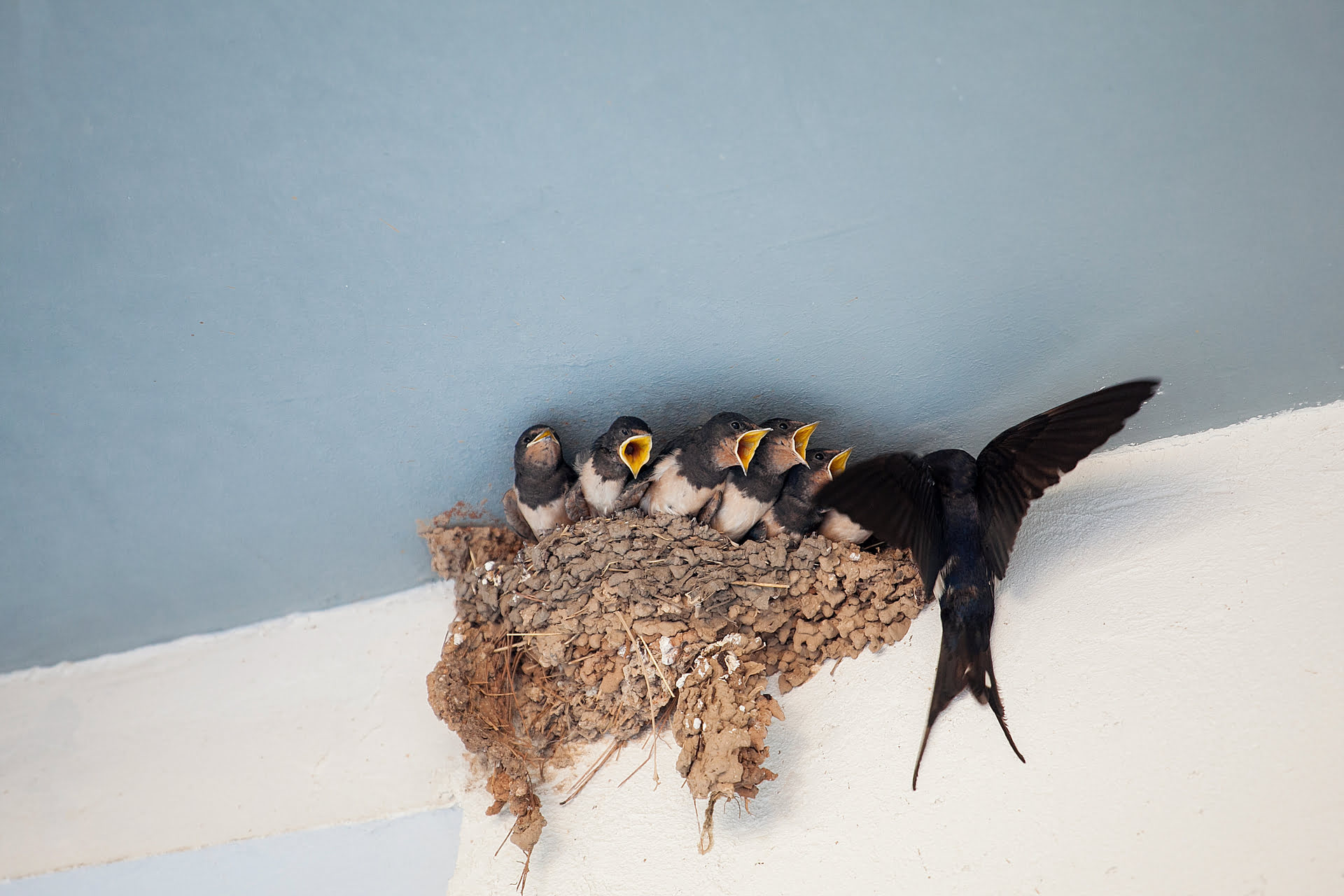

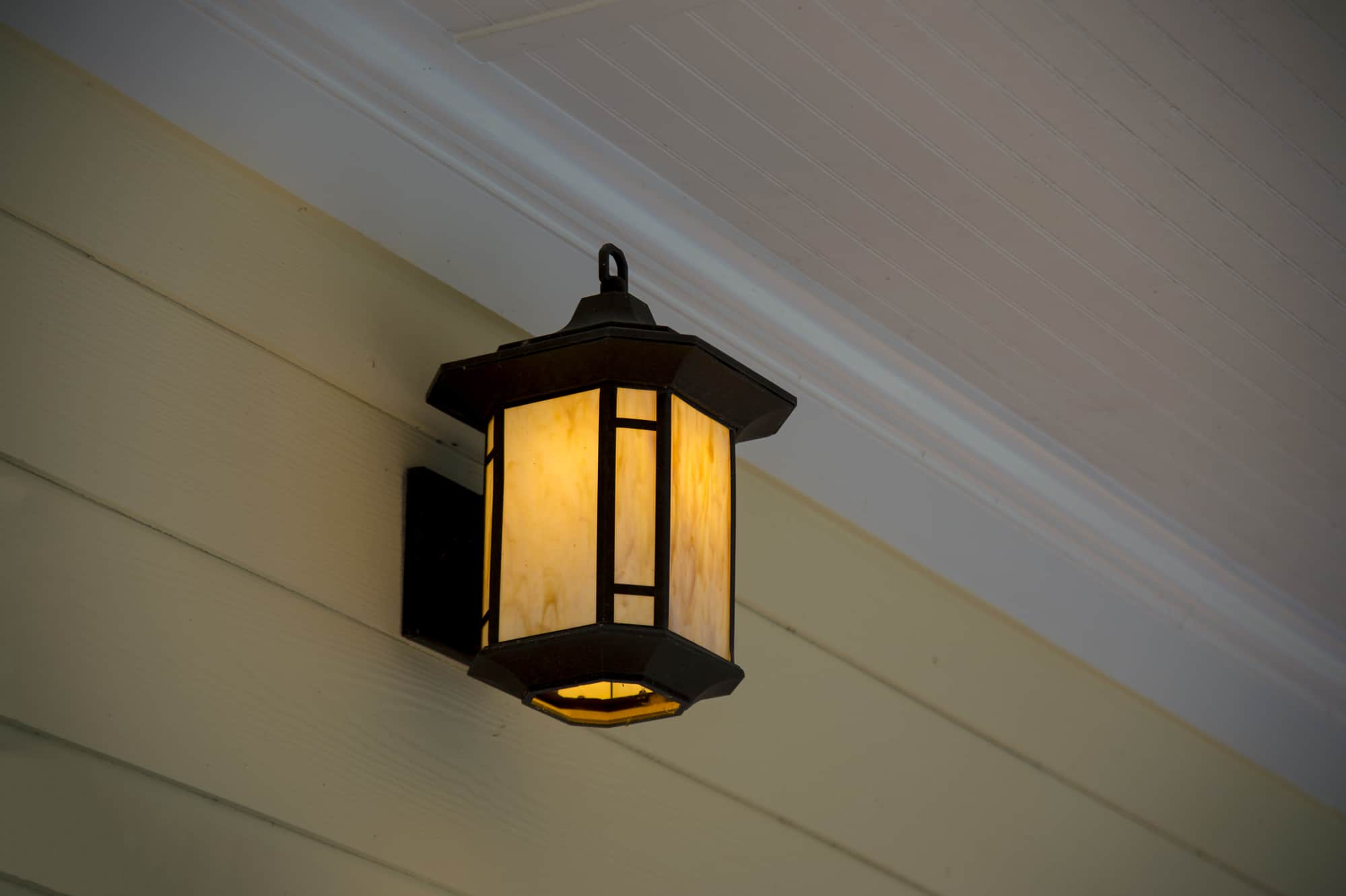
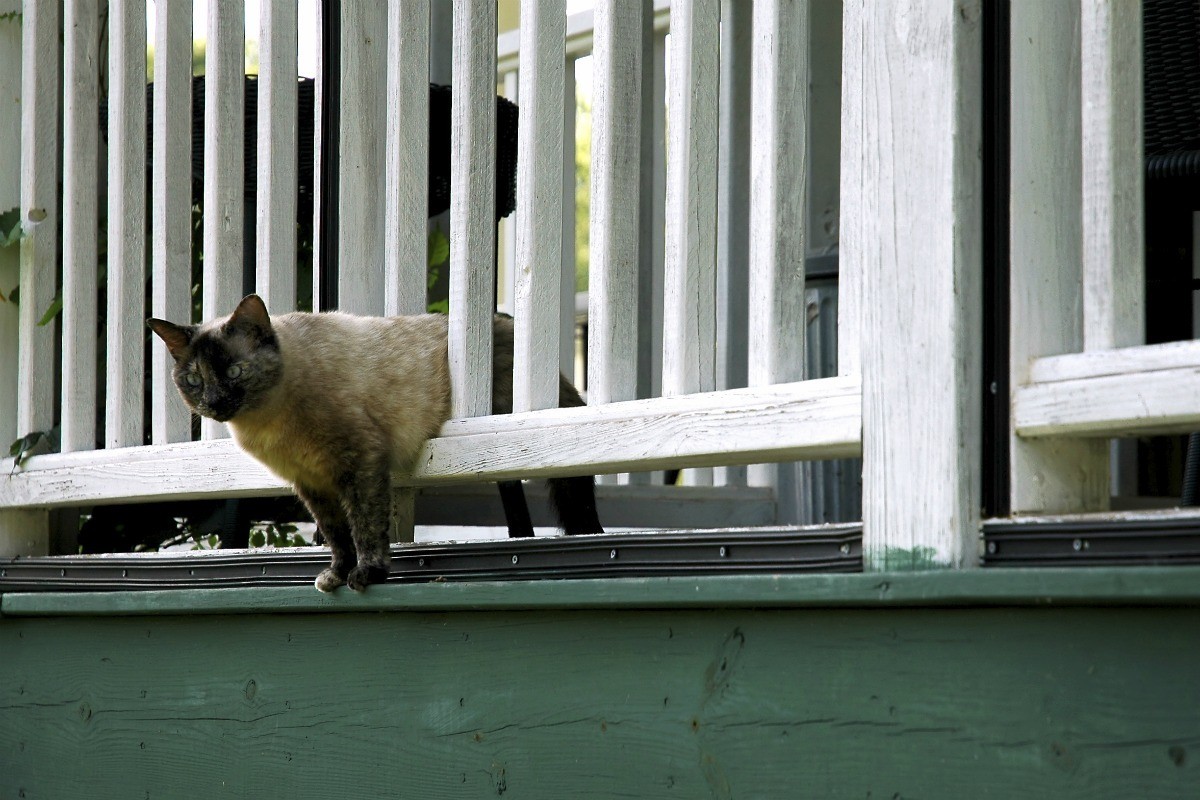


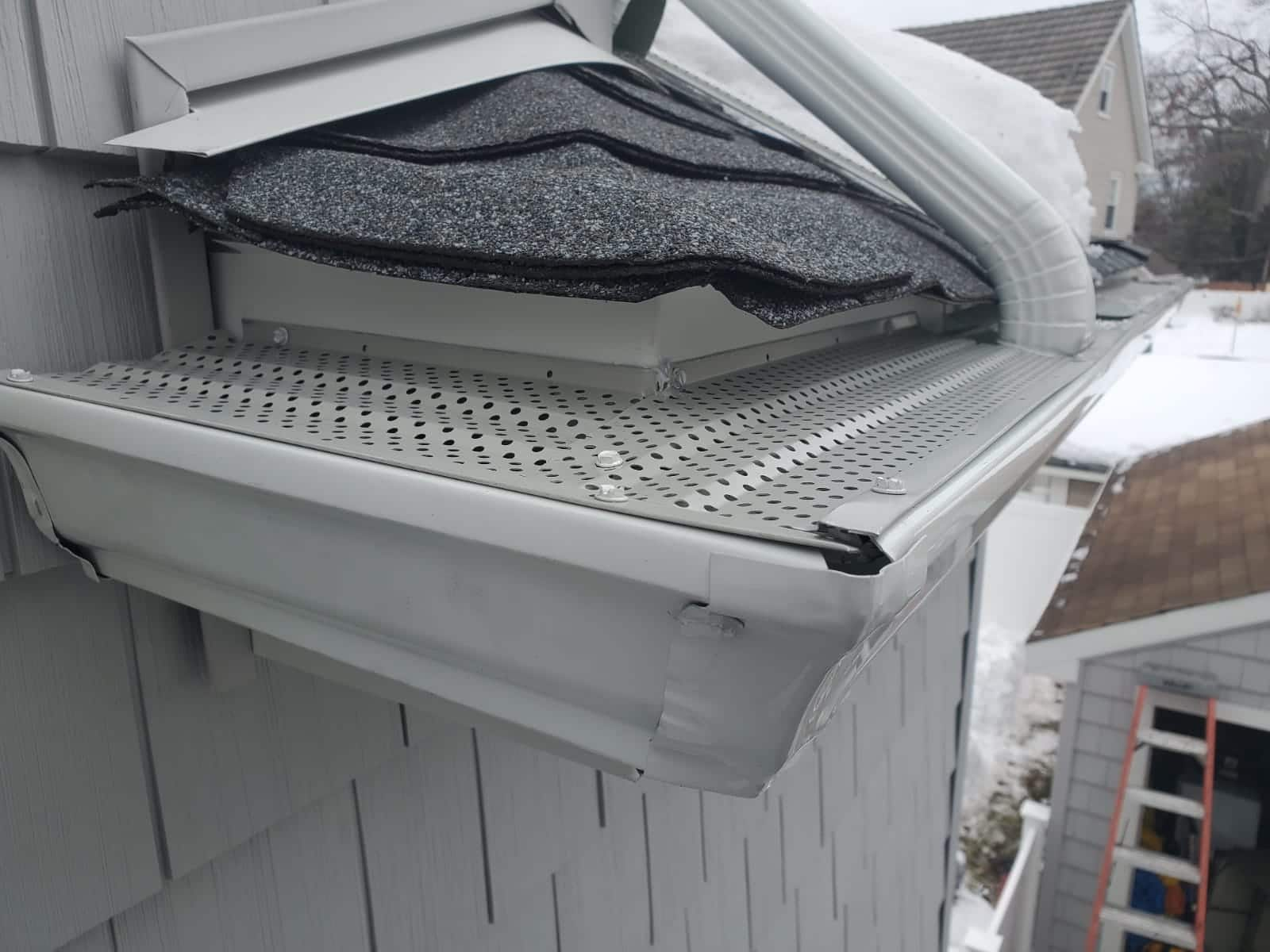

0 thoughts on “How To Keep Squirrels Off Your Porch”